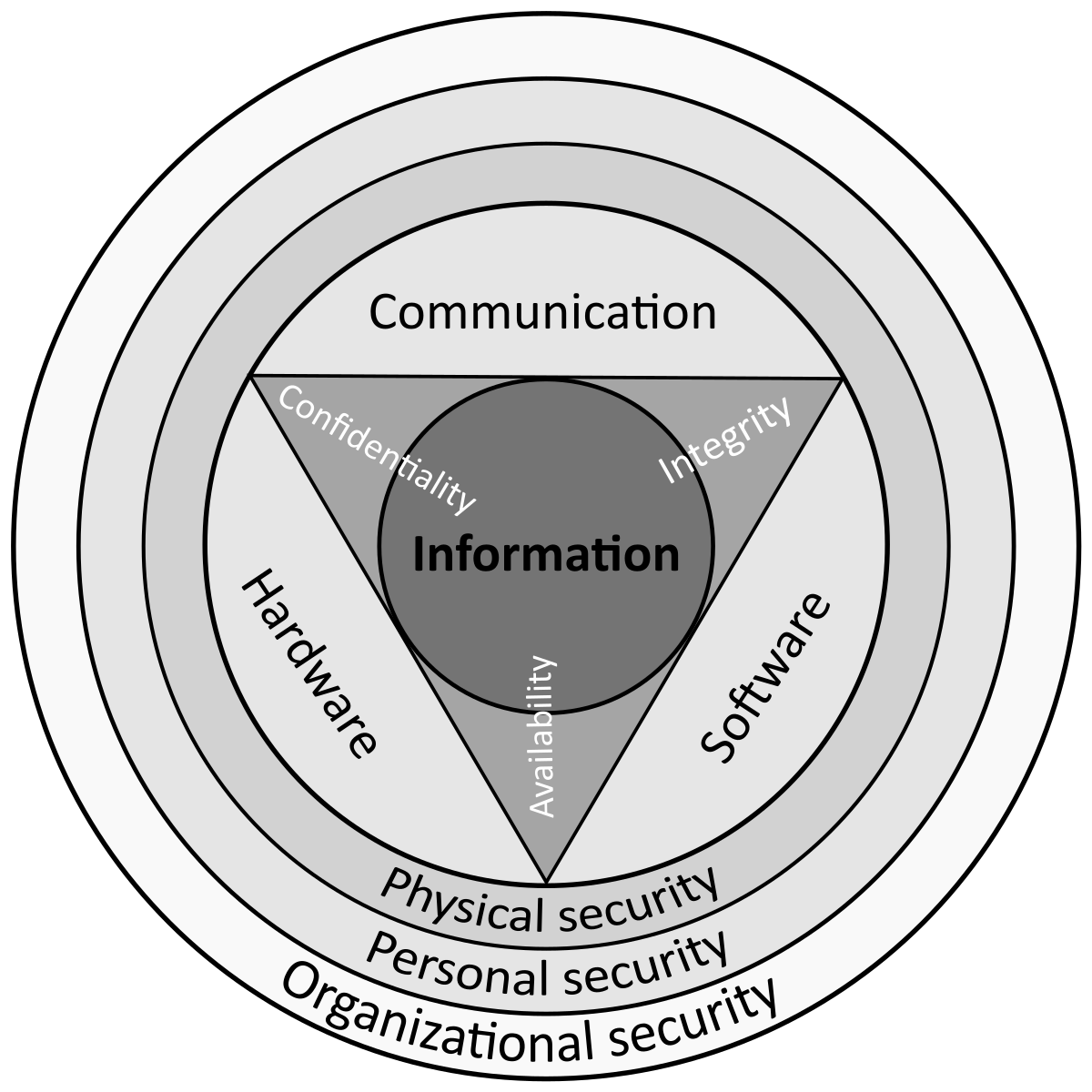

- #DOWNLOAD ANTI SPYWARE NOT JUSST EASY ONE SOFTWARE#
- #DOWNLOAD ANTI SPYWARE NOT JUSST EASY ONE PC#
- #DOWNLOAD ANTI SPYWARE NOT JUSST EASY ONE WINDOWS#
Most spyware targets Windows computers and laptops, but attackers are increasingly targeting other forms of devices. Trojan Horse Virus: This brand of spyware enters a device through Trojan malware, which is responsible for delivering the spyware program.Tracking cookies: Tracking cookies are dropped onto a device by a website and then used to follow the user’s online activity.System monitors: These also track user activity on their computer, capturing information like emails sent, social media and other sites visited, and keystrokes.It is generally used by developers to enhance their games and improve their marketing campaigns.
#DOWNLOAD ANTI SPYWARE NOT JUSST EASY ONE PC#

Each spyware variety gathers data for the attacker, with the lesser types monitoring and sending data to a third party. However, 89% of users were unaware of the spyware’s existence and 95% had not granted permission for it to be installed.Īttackers use various types of spyware to infect users’ computers and devices.
#DOWNLOAD ANTI SPYWARE NOT JUSST EASY ONE SOFTWARE#
The first anti-spyware software was released in June 2000, then four years later, scans showed that around 80% of internet users had their systems affected by spyware, according to research by America Online and the National Cyber Security Alliance. The term "spyware" first emerged in online discussions in the 1990s, but only in the early 2000s did cybersecurity firms use it to describe unwanted software that spied on their user and computer activity. It also leaves businesses vulnerable to data breaches and data misuse, often affects device and network performance, and slows down user activity. Spyware is one of the most commonly used cyberattack methods that can be difficult for users and businesses to identify and can do serious harm to networks. Attackers use it to track, steal, and sell user data, such as internet usage, credit card, and bank account details, or steal user credentials to spoof their identities. Spyware collects personal and sensitive information that it sends to advertisers, data collection firms, or malicious actors for a profit. A commonly accepted spyware definition is a strand of malware designed to access and damage a device without the user’s consent. Spyware is malicious software that enters a user’s computer, gathers data from the device and user, and sends it to third parties without their consent.


 0 kommentar(er)
0 kommentar(er)
